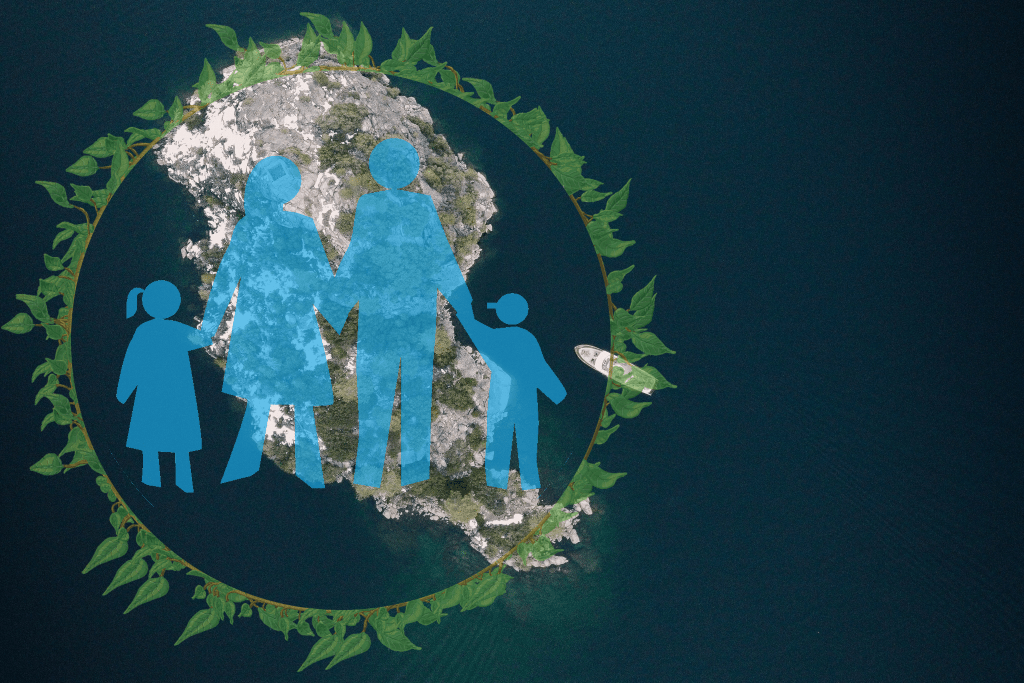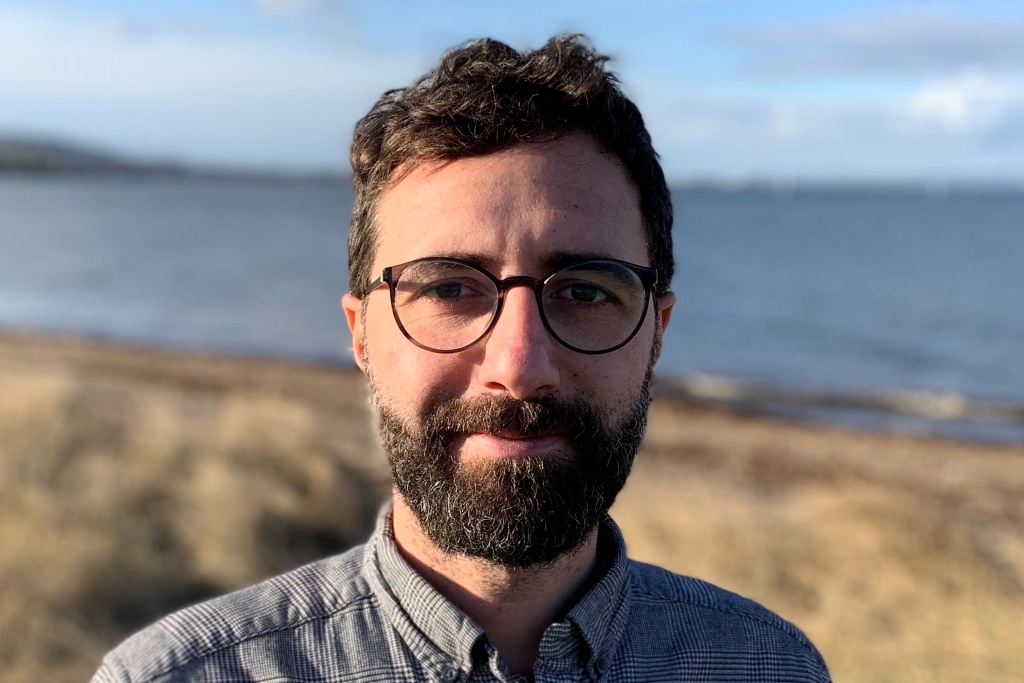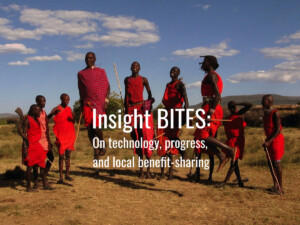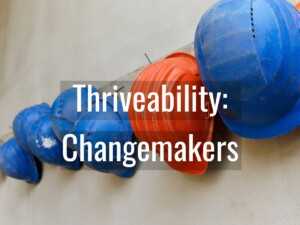Save to sustain: Frugal innovation & traditional knowledge in circular tourism

Angelo Sciacca was the first guest author to introduce the concept of the circular economy to this website when he argued for its potential to make small island destinations more resilient and less dependent on travel & tourism. In this, his third “Good Tourism” Insight, Mr Sciacca adds frugal innovation and traditional knowledge to his recipe for small islands’ sustainability.
As I have discussed in previous “GT” Insights, the application of circular economic principles is becoming essential to the valorisation of — assigning higher valuations to — underappreciated resources in the tourism sector, including abandoned heritage buildings. I have also argued that circular economic principles are essential to the resilience of small island destinations. I believe the circular economy is a promising approach to increasing the sustainability of the tourism sector as well as the sector’s contributions to sustainability more generally.
In this article I argue that in small island destinations the implementation of circular practices in tourism may be facilitated via the concept of ‘frugal innovation’ and that traditional knowledge potentially has a very large role to play. This will be a brief discussion with the hope of stimulating further debate on the topic. I do not intend to generalise about small islands as I am mainly referring to those that have a small-scale tourism sector and an indigenous population.
First, I will introduce frugal innovation. Second, I will link the concept to circular tourism in small island destinations by explaining how frugal innovation and circular tourism might intersect and why we need think about ‘frugal circular innovation’. I will conclude by pointing out that there may be opportunities embedded in traditional knowledge that will require participative governance to fully and fairly realise.
What is frugal innovation?
Simply speaking, frugal innovation refers to processes in which better solutions (innovations) are arrived at using the least possible resources (frugality). These solutions should ideally be sustainable in that they generate social and environmental value while reducing costs in terms of wasted resources. Having originated in emerging economies, where such efficiency is highly valued, frugal innovation is now gaining relevance more widely and in different contexts as sustainability is taken more seriously.
An example of a frugal innovation is a fridge made of clay by the Indian potter Mansukh Prajapati. The fridge uses evaporative cooling without electricity to keep fruits and vegetables fresh for days. Another example is when Mohammed Rozadeen converted an old pressure cooker into a coffee maker.
Listen to Navi Radjou talk about “creative problem-solving in the face of extreme limits” in this video:
Frugal innovation and circular tourism in small island destinations
The circular economy is oft-seen as a framework for frugal innovation. Although this is true, I would argue that a culture of frugal innovation must (and does) come first, especially in the context small island destinations.
Small islands have small-scale economies and scarce resources, including scarce recyclable and reusable ‘waste’ resources. Therefore the application of some established circular practices is unfeasible because small islands do not have the economies of scale enjoyed by cities and mainland nations. Thus small islands need to innovate frugal small-scale solutions that apply to their specific circumstances.
Also see Angelo Sciacca’s “GT” Insight
“From linear to circular: Resilience in small island tourism destinations”
For instance, faced with recycling challenges due to the failure of an incinerator, the high costs for waste compaction and freight, and the unfeasible application of mainstream re-processing technologies, the British Virgin Islands are developing a new waste management system that does not export everything. Residents are looking for innovative ways to re-purpose waste material. These include using glass in art, Styrofoam in bean bag chairs, plastic in fencing, and cardboard in compost. They hope to retain most waste by partnering with local businesses and entrepreneurs to upcycle it.
For small island destinations, frugal circular innovation is necessary to viably process and reprocess, distribute and redistribute their scarce resources. Ideally, their frugal circular innovations will also generate social value. Social value is as much expected from a circular economy as environmental and economic value.
The role of traditional knowledge in frugal innovation and circular tourism
Frugal circular practices may already be rooted in the local customs of indigenous populations, having been honed over time in order to adapt to conditions. Assuming that such knowledge and expertise is contributed in the context of a fully-inclusive strategic planning process that respects local limits, deploying it would create immediate social value. Not only would this heritage be better appreciated by society, but it would also become a valuable resource for the circular tourism economy.
Also see Kristin Dunne’s “GT” Insight
“Planning tourism with purpose & love in Bay of Plenty”
I would argue that traditional knowledge represents an opportunity for small island destinations to facilitate a feasible transition towards a circular tourism economy, particularly where the mainstream circular solutions rely on economies of scale. Capitalising on traditional knowledge inclusively opens up new means of achieving sustainability in small island destinations that are efficient (frugal) and offer tremendous social benefit through the valorisation of intangible cultural heritage.
To conclude, the development of circular practices via frugal innovation has the potential to tap traditional knowledge and elevate it from a cultural heritage curiosity worth preserving for its own sake, to a necessary resource in a successful circular tourism economy. This is especially the case in the context of small island destinations that engage in inclusive strategic planning processes that aim for sustainable outcomes.
What do you think? Share a short anecdote or comment below. Or write a deeper “GT” Insight. The “Good Tourism” Blog welcomes diversity of opinion and perspective about travel & tourism because travel & tourism is everyone’s business.
Featured image (top of post): Island by Tomas Anunziata (CC0) via Pexels. Vine by gyromatical (CC0) via Pixabay. Family by Clker-Free-Vector-Images (CC0) via Pixabay.
About the author

Angelo Sciacca is a PhD candidate at Edinburgh Napier University conducting his doctoral research in the Orkney Islands, Scotland. His work focuses on “the barriers and enablers to a circular economy faced by tourism businesses” and is particularly interested in how small island destinations’ “territorial features may influence a circular economy transition”. Angelo is also a sustainable tourism consultant “working at the crossroad of sustainability, tourism and community development”. Since 2017, he has regularly collaborated with NGOs working in Myanmar.





